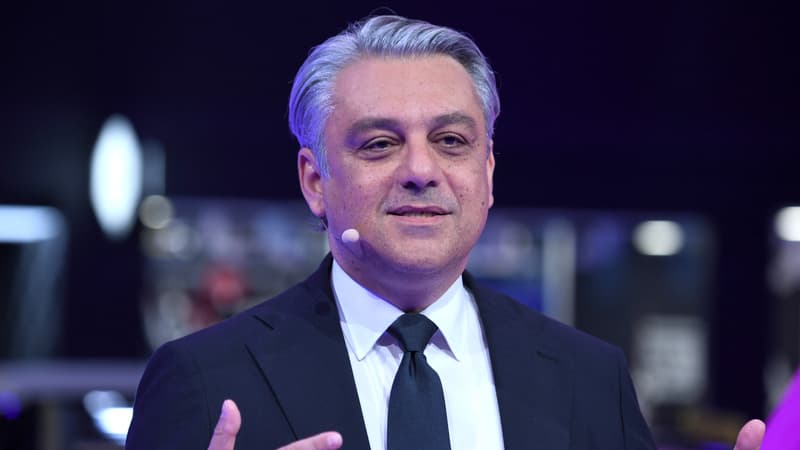A common alert of two competitors. The heads of Stellantis and Renault are pressing the European Union to urgently simplify their regulations, believing that it prevents it from offering cheap cars and threatening its production in the European soil in the medium term, according to their common maintenance in Le Figaro published tonight at night.
“The European automotive market has been falling for five years,” said John Elkann, president of Stellantis, and “at the current rate, the market could be more than divided by two” by 2035.
“The market does not buy what Europe wants us to sell it,” says Luca de Meo, general director of Renault: “Replace all current volumes with electricity, in these conditions, we will not get there.”
“Continue producing in Europe”
“If the trajectory does not change, we will have to take within three years of painful decisions for the production apparatus,” he warned the head of Stellantis, for whom “the fate of the European automotive industry is played this year.”
“On the contrary, if there is a mobilization around a clear political choice, if we recreate a market and volumes, we are both convinced that we can continue to produce in Europe, even in Western Europe,” he said.
“All countries in the world with an automotive industry are organized to protect their market. Except Europe,” Renault Boss worries, amid a commercial war and rivalries with the United States and China.
Cars “always more complex, always heavier, always more expensive”
“Among European manufacturers, there are two schools of thought, explains Luca de Meo, that of Stellantis and the Renault group, which weigh two of the market for them, and who wish to produce and sell popular cars in Europe and Europe. And that of premium brands, for which Europe certainly counts, but whose priority is export.”
“For twenty years, it is its logic that has dictated the regulations” that lead to producing cars “always more complex, always heavier, always more expensive,” he laments.
The two men call France, Italy and Spain, whose populations “are the buyers” of small cars that “are also the producers” and that “weigh more than Germany,” says John Elkann.
“What we are asking for is a differentiated regulation for small cars,” explains the head of Renault, who presents three statements: “One, the regulations should now be related only to the new models, not the old ones; two, they make us rules for ‘packages’, instead of each month; and three, we need a single window.”
According to him, the various directions in Brussels have “contradictory strategies. When one requires the abolition of the PFA, eternal pollutants, which are legitimate, the other asks us to battery cars. However, there are no batteries without PFA.”
Source: BFM TV


